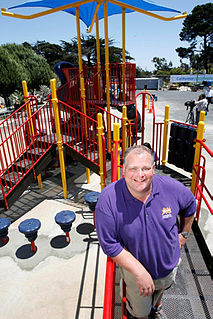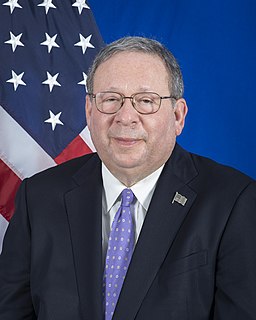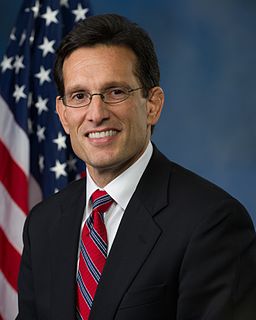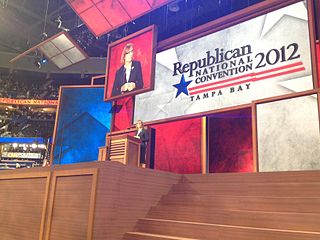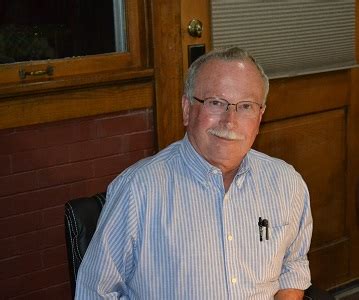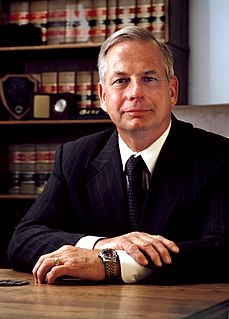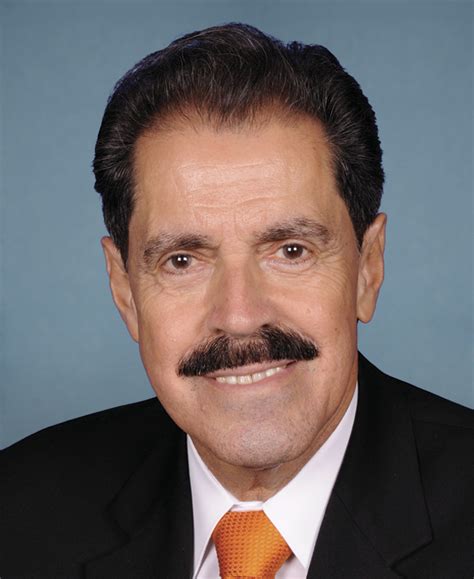A Quote by Thomas Sowell
Most Americans living below the official poverty line own a car or truck - and government entitlement programs seldom provide cars and trucks. Most people living below the official poverty line also have air conditioning, color television, and a microwave oven - and these too are not usually handed out by government entitlement programs.
Cell phones and other electronic devices are by no means unheard of in low-income neighborhoods, where children would supposedly go hungry if there were no school-lunch programs. In reality, low-income people are overweight more often than other Americans.
Quote Topics
Air
Air Conditioning
Also
Below
Car
Cell
Cell Phone
Cell Phones
Children
Color
Color Television
Conditioning
Devices
Electronic
Electronic Devices
Entitlement
Entitlement Programs
Go
Government
Handed
Hungry
Income
Line
Living
Low
Low-Income
Lunch
Means
Microwave
More
Most
Neighborhoods
Official
Often
Other
Out
Oven
Overweight
Own
People
Phones
Poverty
Programs
Provide
Reality
School
Seldom
Supposedly
Television
Than
Too
Truck
Trucks
Unheard
Were
Would
Related Quotes
There are many cases in which gifted children have done great things without special school programs. There are also gifted kids who have been to special schools and achieved nothing that has benefited the world as a whole. Without solid evidence, I have no confidence that funding school programs for the intellectually gifted would do more good than the most cost-effective programs to help people in extreme poverty.
Given the relativity concept, poverty cannot be eliminated. Indeed, an economic upturn with a broad improvement in household income does not guarantee a decrease in the size of the poor population, especially when the income growth of households below the poverty line is less promising than the overall.
There are myriad government programs out there to help small businesses. Few people use them effectively. The maze of information makes it difficult for any one person to understand it all, which often leads politicians, and citizens, too, to call for more programs. We don't need more government programs; we just need a better way to access them.
The tragedy of government welfare programs is not just wasted taxpayer money but wasted lives. The effects of welfare in encouraging the break-up of low-income families have been extensively documented. The primary way that those with low incomes can advance in the market economy is to get married, stay married, and work—but welfare programs have created incentives to do the opposite.
Government programs aim at getting money for poor people. Our hope was that knowledge would in the long run be more useful, provide more money, and eventually strike at the system-causes of poverty. Government believes that poverty is just a lack of money. We felt, and continue to feel, that poverty is actually a lack of skill, and a lack of the self-esteem that comes with being able to take some part of one's life into one's own hands and work with others towards shared-call them social-goals.
Political systems must love poverty-they produce so much of it. Poor people make easier targets for a demagogue. No Mao or even Jiang Zemin is likely to arise on the New York Stock Exchange floor. And politicians in democracies benefit from destitution, too. The US has had a broad range of poverty programs for 30 years. Those programs have failed. Millions of people are still poor. And those people vote for politicians who favor keeping the poverty programs in place. There's a conspiracy theory in there somewhere.

